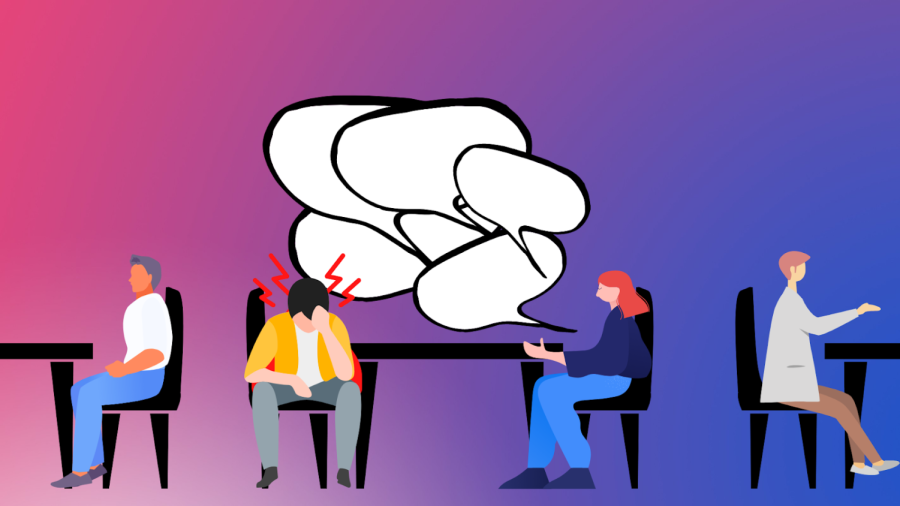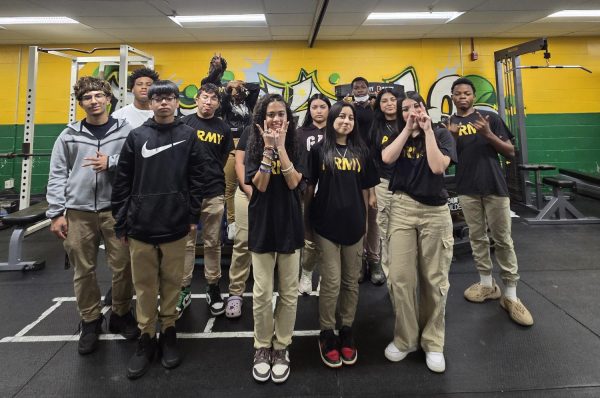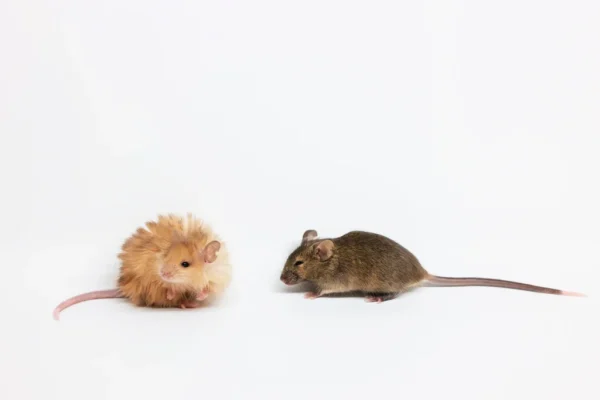Venting could become toxic, turn into ‘trauma dumping’
As humans go through life, there are some points where they relieve a portion of their stress, angst, and pain through venting to another person, such as a friend or relative. However, there could come a point where venting about one’s emotions or trauma can change from a “mindful sharing of feelings,” also known as venting, to a toxic and overwhelming practice, known as trauma dumping.
Trauma dumping does not have one solid and concrete definition; a simple Google search for the term yields many articles aiming to explain what it is and a search in the merriam-webster dictionary shows/displays no results.
However, most sources such as USA Today and Psychology Today have a common theme amongst their definitions of trauma dumping which can be boiled down to an intense oversharing of one’s emotions, often with no permission, onto someone who might not be prepared to receive those emotions and can therefore lead to distress amongst the parties involved.
The term itself has seen recent widespread use across social media with the hashtag #traumadumping currently at 11.9 million views on TikTok. When clicking on the hashtag there are a plethora of videos of strangers sharing their own traumatic experiences unprompted with thousands of other strangers on the platform to see. While reality and social media are two different things, a common pattern is of people sharing their own trauma with no permission or regard to how the people around them would feel.
This pattern is where a distinction is drawn between venting to someone and trauma dumping on someone.
“There’s a huge difference between venting and trauma dumping,” said Psychotherapist and TikTok user Sarah Ahmed/@the.poc.therapist. “Venting you’re being mindful of what you’re sharing and sharing with the intention of talking about something to get it off my chest. Now with trauma dumping, you’re going into details of specific incidents that were very, very overwhelming which could also thereby overwhelm the person on the receiving end.”
She goes on to say that the person on the receiving end might not have skills or tools to deal with the situation leaving them scrambling for solutions that could not always be helpful towards your situation or your wellbeing and then potentially leaving the other person stressed out over what to do or how to feel.
For the ones who feel that they are constantly their friends or family member’s “trauma dumpster,” there are some reasons as to why you find yourself in that situation and how to prevent any further dumping.
Nelisha Wickermasinghe is a therapist and a writer for Psychology Today and she describes in better detail why you might attract trauma dumpers. She goes into detail describing that people could often seek you out perhaps for your stronger-than-average need to be liked or please others.
Therefore, if you are sick of people doing this to you, how would you go about stopping it? Many therapists recommend creating boundaries. One of these boundaries, as recommended by Wickermasinghe, is to let the person know that you will only listen for ten minutes.
Your donation will support the student journalists of Parkdale High School. Your contribution will allow us to cover our annual website hosting costs and publish some printed editions, as well.

Johnny Martinez Duran is currently a senior at Parkdale and a proud member of the Paw Print. The great year of 2021 marks his first year of being a member...







